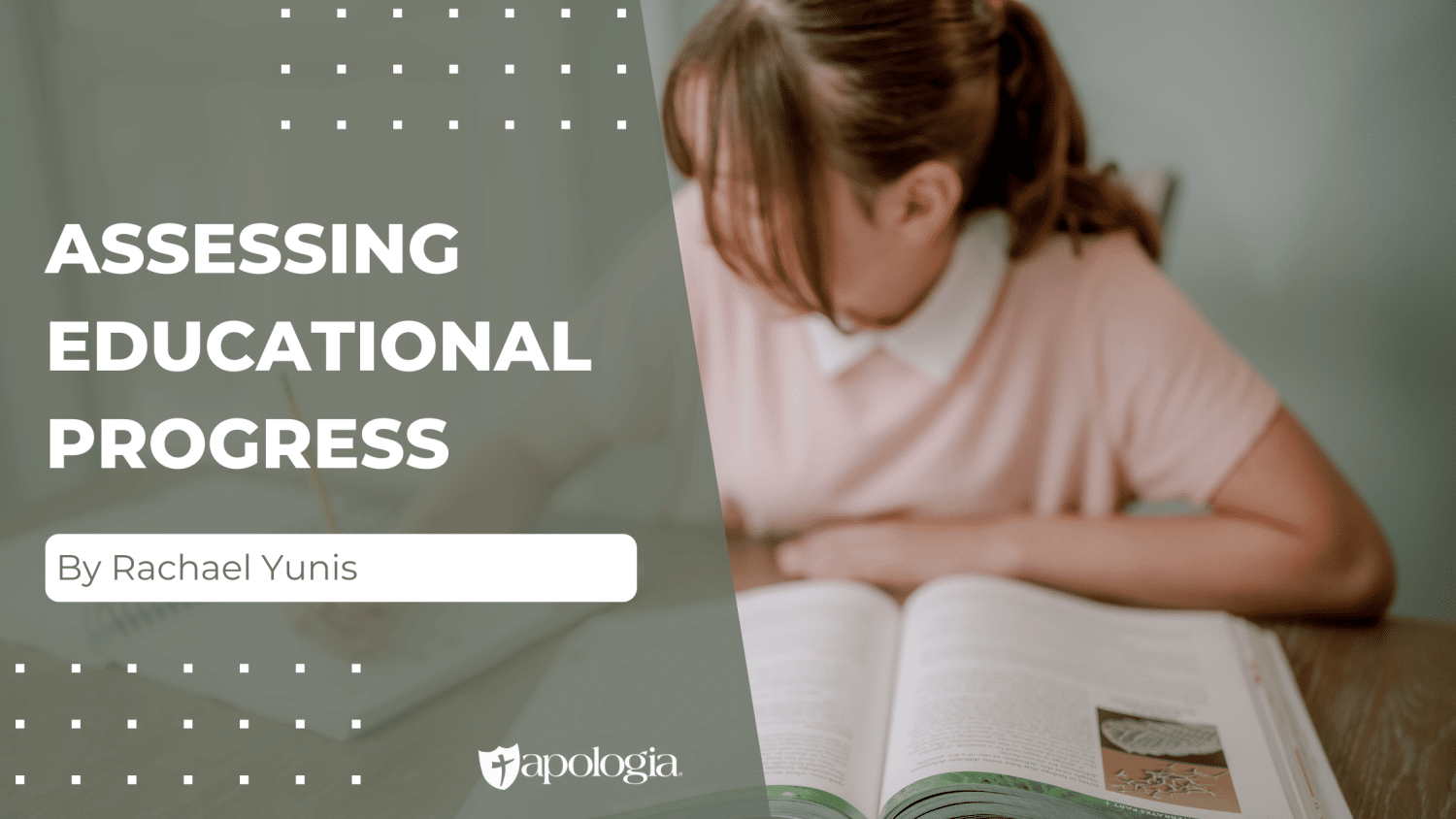
Assessing Educational Progress
Homeschooling is a commitment that requires your time and effort on many fronts. You want the best for your kids, so you plan meticulously and hit the ground running. Each year starts with joy, much like planting seedlings in the spring. And while it is easy to assess seedlings as they grow, you might question how your student is really doing.
Fortunately, homeschooling parents are blessed with the knowledge that they know their children better than anyone else. Whether you are just beginning your journey or are a seasoned homeschooler, you started the year with a plan in mind. The best way to assess your child’s educational progress is to periodically (and honestly) ask yourself if your best intentions at the beginning of the school year are becoming a reality. It’s that simple!
Educational Progress
Grades, standardized tests, and government requirements can make homeschooling stressful. Please, stop right there! Just like you shouldn’t make financial decisions emotionally, don’t evaluate emotionally either. Find yourself a peaceful place and revisit your plan. If your student is on track with your plan, then your student is on the track you want him or her to be on. That’s educational progress!
Hopefully, your curriculum choices are covering the facts your child needs to learn in the subject matter you have chosen for your homeschool, but don’t get caught up on test scores when you evaluate your child’s progress. While A’s and B’s on exams are exciting to see, grades within a specific curriculum are only useful at helping you decide if your child is ready to advance or if you need to spend a little more time with your child in a specific lesson. After all, learning is the goal of homeschooling.
Standardized Tests
Standardized tests are written to assess large groups of students. There’s nothing personalized about that. It doesn’t consider learning styles, strengths, or weaknesses. If you must use standardized testing, use it as a tool to see where you might adjust your plan to ensure you meet any government requirements for your state.
Studies continually show that homeschooled students benefit more than their peers because of parental involvement. Use this knowledge! You know why the subject is important enough to teach and how it’s going. If your child can explain concepts in his or her own words, he or she is succeeding. If a child speaks comfortably, intelligently, and logically for his or her age, that child is learning to become a mature and wise human being. That’s the ultimate success.
Goals Change and Modify
As you continue on your homeschooling journey, you will start to evaluate progress within the years and milestones rather than a specific year’s transcript. Keep the vision always in front of you. Over the years, you will modify your goals as your child ages, but the outline typically remains the same regardless of whether you’re teaching preschool or high school. School is a success if, at the end of the year, your child has not only an appreciation and understanding for the beauty of his or her life in this world, but also a desire to learn more.
Conclusion
In short, homeschooling parents are blessed with a deep knowledge of the individualized plans we make for each child and an understanding of how well our students are really doing. You know how well your student is doing because you spend each day with them. Some days, learning may take a little longer, but the plan stays intact. Sometimes you can see what no test can tell you: your child is thriving!


